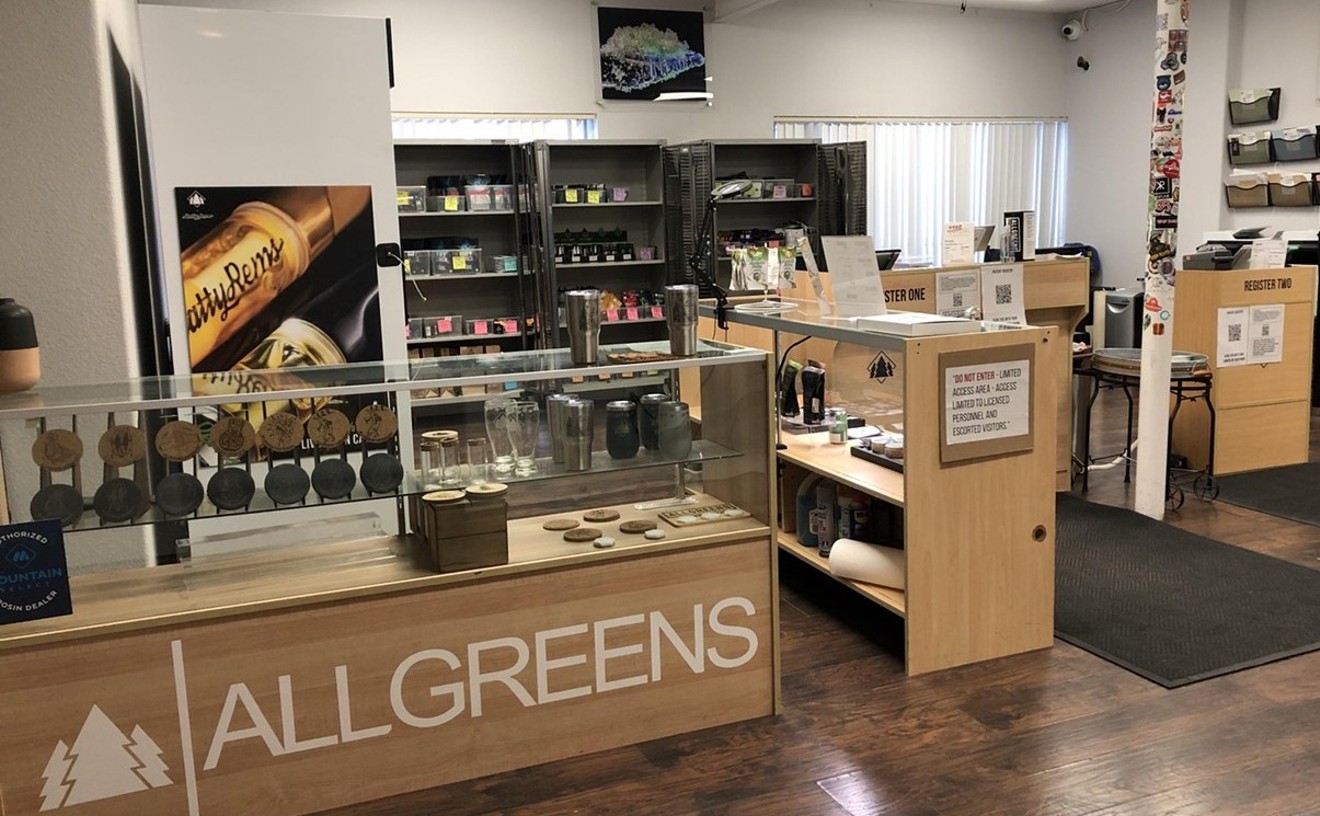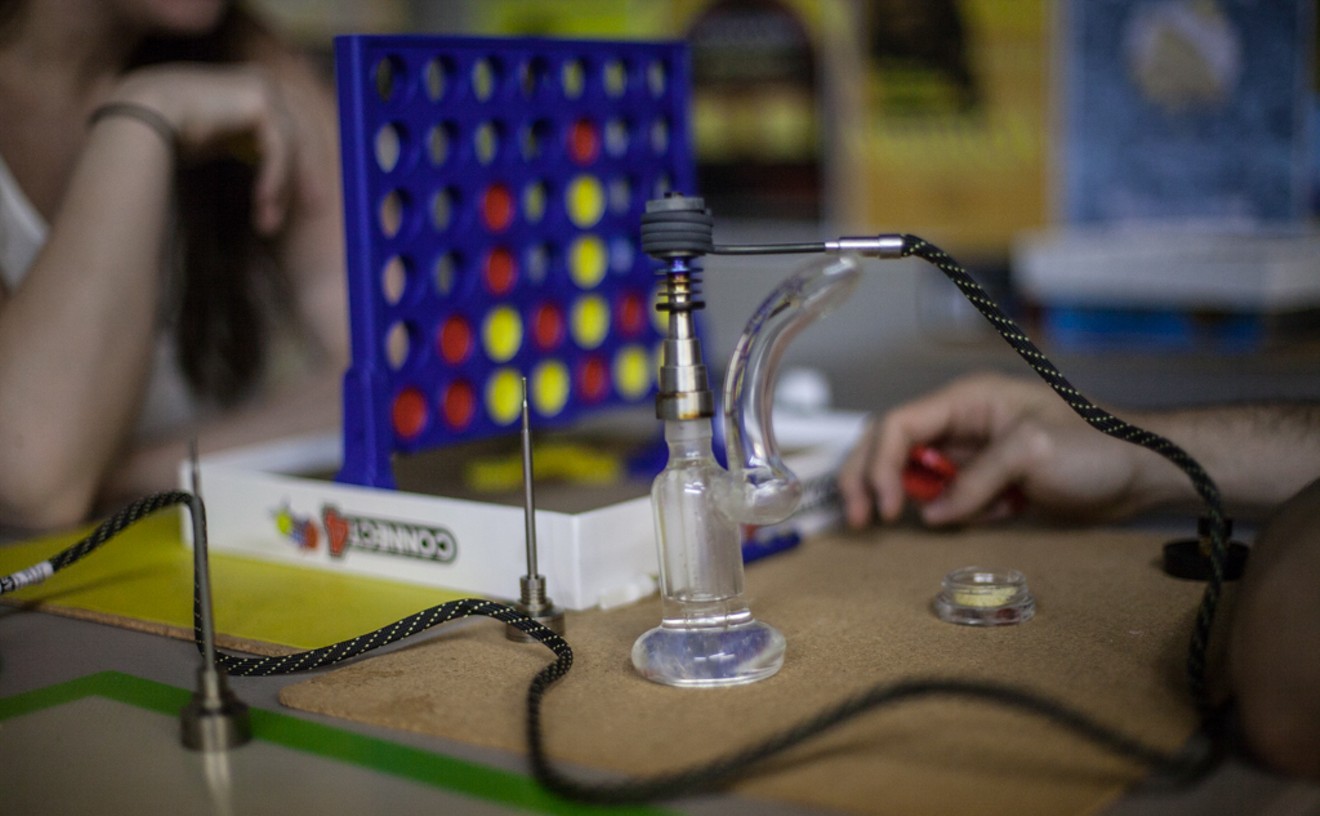The question on the table: How to create a more sustainable cannabis industry? Over 200 people gathered at the Colorado Convention Center for Denver's Cannabis Sustainability Symposium on October 26, attending panels, hosted by the Organic Cannabis Association, on a variety of issues related to environmental efficiency and discussing how to best tackle sustainability issues.
The first panel discussed how to tackle high-energy costs and improve equipment to make it more efficient. "There are key best practices that can help cultivators become more energy-efficient. The fact is that people in this industry want to do the right thing by implementing sustainable practices. They just need the tools and the information to do it, and that's exactly why we're here today and why this conference was developed," said moderator Meg Collins, vice president of business development at Good Chemistry.
"The difference between energy efficiency and productivity — the latter is what really matters in your industry," explained Brad Queen, a commercial conservation consultant and founder of Cube Resources. "What you should care about is, How much product am I getting out of my operation for the amount of resources that I am putting into it?"
As he worked with people in the industry, Queen said, he found that many of the cost-saving strategies growers used pre-legalization still work, and many of them are incredibly energy-efficient. "These were practices that were used in pre-legal days to keep power down, to keep total energy down, to keep under the radar of utilities and law enforcement. It turns out, those practices still work," Queen noted.
Lighting accounts for 38 percent of energy output at a grow, according to panelist Nick Broderick of Sustainable Growth Technology. Getting lighting under control is one of the most cost- and energy-efficient strategies that grows can employ.
"The primary strategy is to build a simple model of your lighting schedules," Queen suggested during the panel's Q&A session. "Particularly in the summer, running lights from midnight to noon when you have the coolest outdoor temperatures. In the winter it doesn't matter as much.... [Just] make sure your schedules don't drift."
More practical advice emerged during the Water and Wastewater panel.
Mike Thomas, a conservation specialist with Denver Water, listed a few tips to cut down on water costs. "We were able to work with the industry a little bit to determine some initial best practices," he said. "I think the first one...is avoid reverse osmosis.... You take high pride in your grow operations and your methodologies. We have pretty clean water going in, and it's pretty stable in terms of nutrient levels and nutrient loads you're going to receive. And so the need to do reverse osmosis to keep that very precise chemical mixture and nutrient mixture probably isn't necessary."
Another piece of advice was more practical: Avoid toilet leaks. "A lot of these industrial warehouses have multiple bathrooms," he noted. "Sometimes a leak can go undetected on the water bill for months [and can waste] up to 40,000 gallons a month."
While new grow spaces are able to use the latest, greatest sustainability tech, it can be tricky applying these tips to an established facility.
"Most of us are in a situation where we have an existing facility and we've got a problem, and we need to draw from resources that are cost-effective that we can actually use to actually understand our own problems," said John Lea-Cox, professor of plant science and landscape architecture at the University of Maryland. "That's what most of my greenhouse and nursery friends are in. Their margins are very tight, and so they're looking at every kind of resource efficiency they can use."
And they found plenty at the Cannabis Sustainability Symposium.
[
{
"name": "Air - MediumRectangle - Inline Content - Mobile Display Size",
"component": "12017618",
"insertPoint": "2",
"requiredCountToDisplay": "2"
},{
"name": "Editor Picks",
"component": "17242653",
"insertPoint": "4",
"requiredCountToDisplay": "1"
},{
"name": "Inline Links",
"component": "18838239",
"insertPoint": "8th",
"startingPoint": 8,
"requiredCountToDisplay": "7",
"maxInsertions": 25
},{
"name": "Air - MediumRectangle - Combo - Inline Content",
"component": "17261320",
"insertPoint": "8th",
"startingPoint": 8,
"requiredCountToDisplay": "7",
"maxInsertions": 25
},{
"name": "Inline Links",
"component": "18838239",
"insertPoint": "8th",
"startingPoint": 12,
"requiredCountToDisplay": "11",
"maxInsertions": 25
},{
"name": "Air - Leaderboard Tower - Combo - Inline Content",
"component": "17261321",
"insertPoint": "8th",
"startingPoint": 12,
"requiredCountToDisplay": "11",
"maxInsertions": 25
}
]











